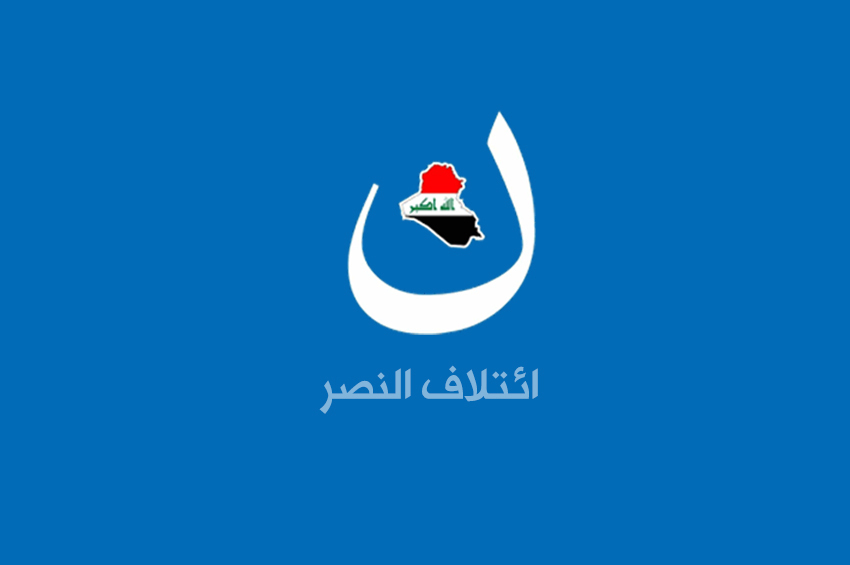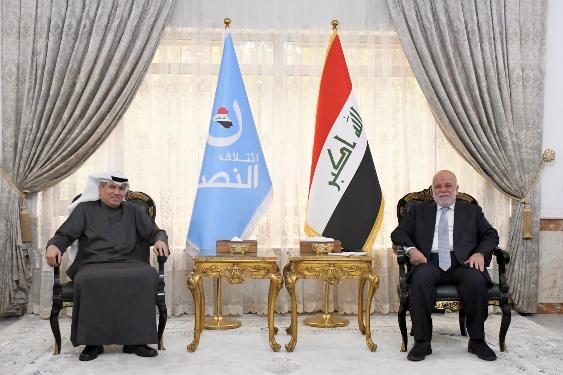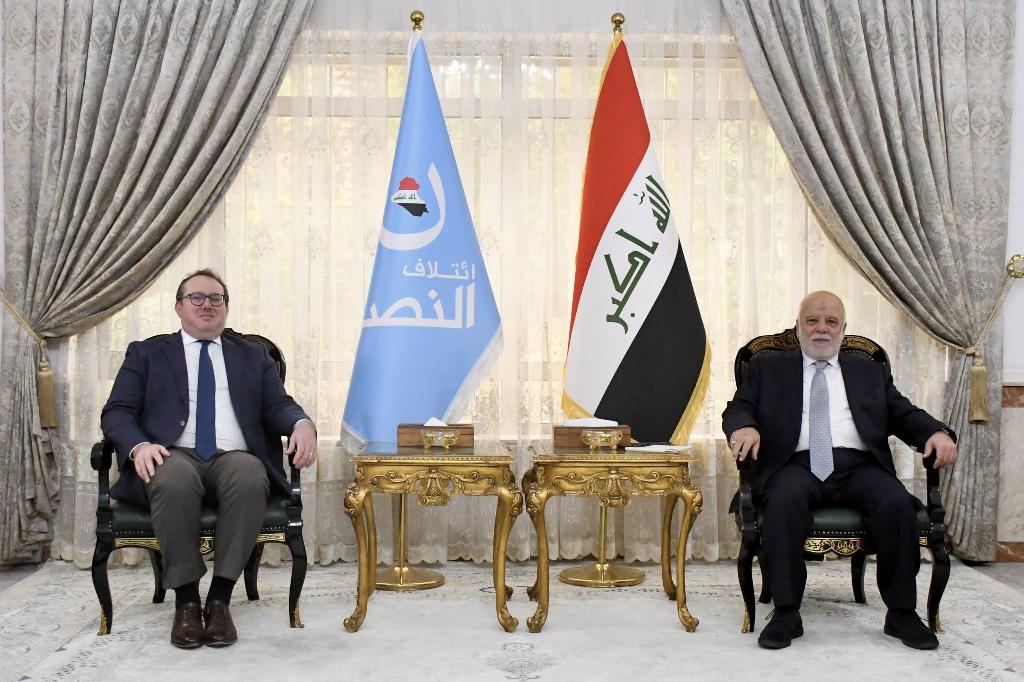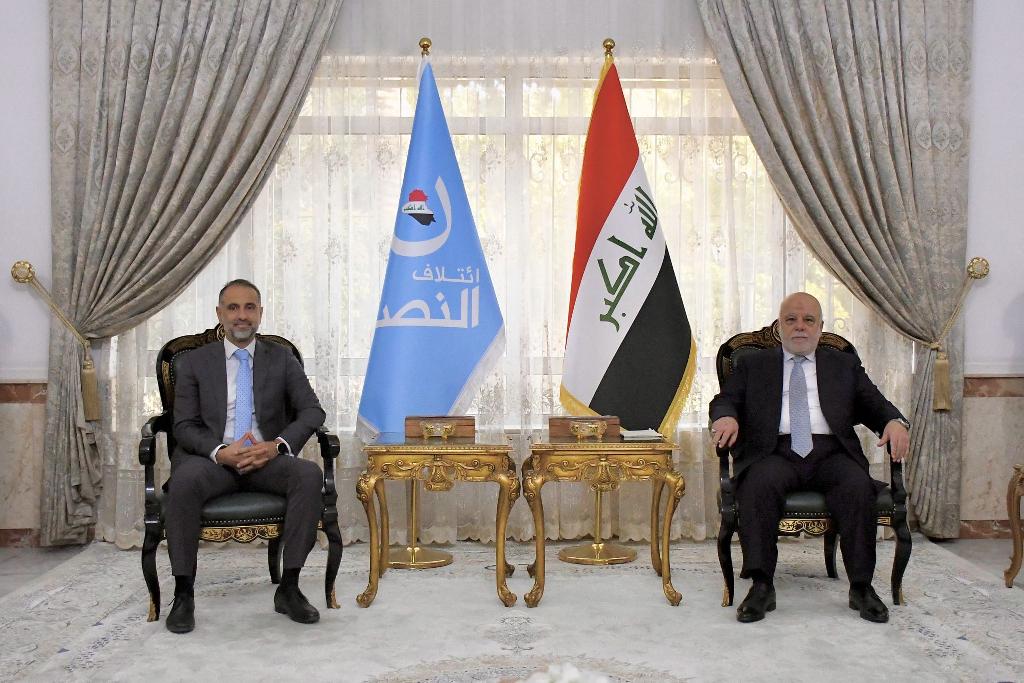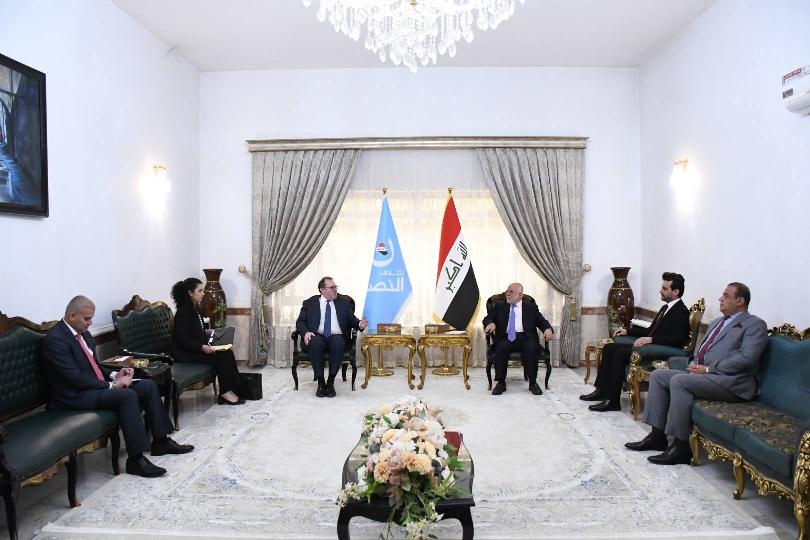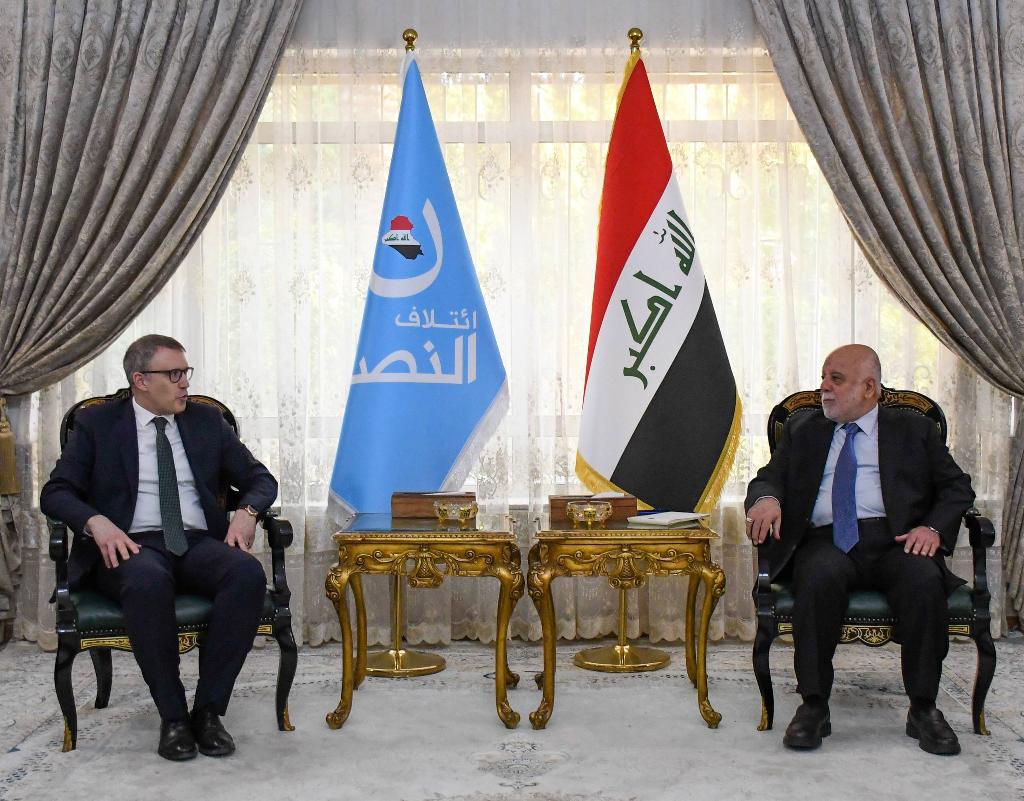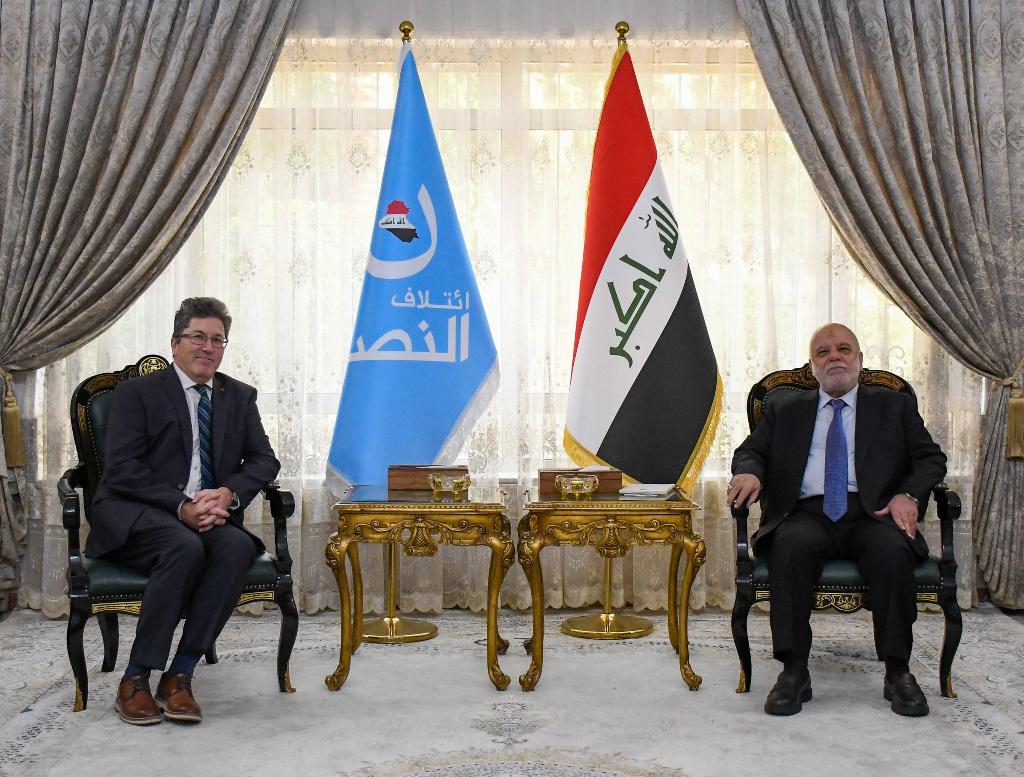Several reasons prevented Dr. Haider al-Abadi from remaining as prime minister despite his success in managing the government in 2014-2018, including:
He did not work to stay in power, he did not use its resources to buy receivables, to deceive people, and subject to the dictates of foreigners to stay in power, he worked with the mentality and culture of the state, not power, because his historical stage required total attention to the issues of the state that was facing the challenge of survival in 2014 due to terrorism, chaos, division and bankruptcy. It was believed that he would betray the homeland, people, and history if he spent an effort outside the framework of eliminating ISIS, reunifying the state, providing resources to it, and controlling its paths. If he had worked for power, he would use the position and resources, but he did not.
The nature of the consensual political system is based on the ground of quota deals and the service of narrow interests, and Abadi tried his best to get out of the cocoon of political quotas.
There was more than one factor that has worked since early 2016 to remove Abadi from the position, both internal and external, and this was reflected in the 2018 elections and the alliances that were established on the basis of its results.
Many oppositionists do not want to build the state and accumulate its achievements to integrate gradually, rather they want consensual powers based on the balance of interests and service agendas.
It is not a defense for Abadi, but let us look at the state situation when he took the responsibility of governance in 2014 and the state condition in 2018 when he handed over the responsibility of governance. He received a rubble of a state and delivered it as a recovering state that is confidently moving towards unity and progress. If Abadi worked for himself and remained in power, he would use all the contradictions to prolong the liberation stages, play with sensitivities, and manipulate privileges, etc., to remain in power, but he worked hard, wisely, and honestly for the state as a state.
More frankly, Abadi was removed from power by many who read that his plan, methodology, and policies will lead to the defeat of their projects. Yes, there are projects to divide the country, projects to create chaos, swallow the state, and usurp its national will. All of which were projects that saw the four years of Abadi’s rule as a threat to their interests and agendas if he continues to rule, and everyone knows the size of the war against Abadi and Al Nasr before and after the elections. The least of them was the election fraud, buying receivables, and misleading to remove Abadi and Al Nasr, the most dangerous of which was the threat of civil war!!


